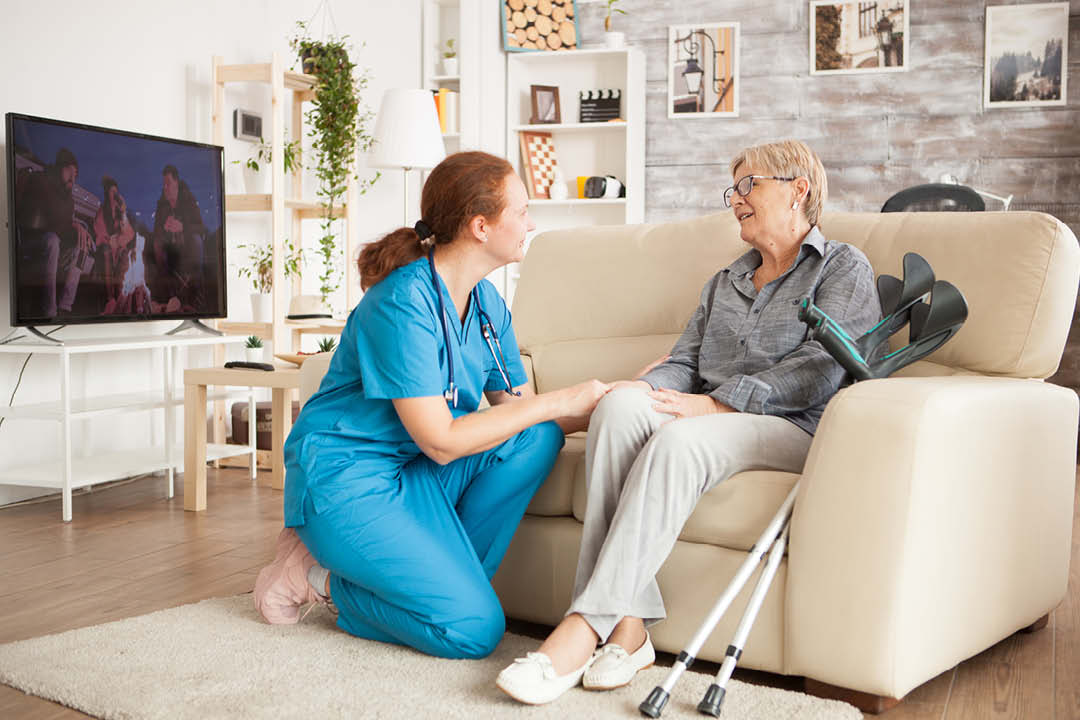When things start to get a little difficult to manage, who can we turn to for support? Quite often family, friends and neighbours are busy leading their own lives, and you don’t want feel like a burden. First of all, what kind of help do you need?
If you can’t keep up with housework or gardening, maybe hiring some help once or twice a week would make you feel better about your home environment. You can often find someone by recommendation, or check your local ‘trusted trader’ leaflet to find a reputable person.
If the issue is solitude or loneliness, try to make the most of any groups or associations that meet regularly. Look at local notice boards for activities that raise your interest. Try a new hobby, or attend a group meeting that will get you out of the house once or twice a week. This will boost your confidence, and provide new friends and contacts. Community centres often run lunch clubs for people who live alone. If you are fit and healthy, you could also volunteer for a charity of your choice, or start your own group event.
It’s also worth contacting local charities to see what kind of support they can provide in your area, Age UK Information and advice for older people and their loved ones | Age UK or the Royal Voluntary Service Our services | Royal Voluntary Service can offer help and advice.
When you require regular help in your daily life, your local council should be the first port of call. Contact the Adult Social Services department and apply for a home assessment. An occupational therapist will visit you at home and see what kind of help you need.
Companion services are becoming more popular, giving you autonomy to arrange a comfortable level of assistance. These agencies have a bank of helpers and you can choose someone local to keep you company, run errands or help with paperwork, trips and appointments. The companion is usually self-employed and the agency is not subject to regulation. You are paying for someone’s time, like having a personal assistant.
Regulated organisations are monitored by the Quality Care Commission, and reports about their level of professional care will be available on any website. The Homecare Association has a list of authorised and registered homecare providers. This type of care is organised to support your needs within your own home, and can include personal care. The level of need will be determined by assessment. Help at home from a paid carer can cost around £20 per hour, sometimes your local council will contribute toward the cost.
Get in touch with your local authority to see what they can offer, to help you stay independent and in your own home for as long as possible.







